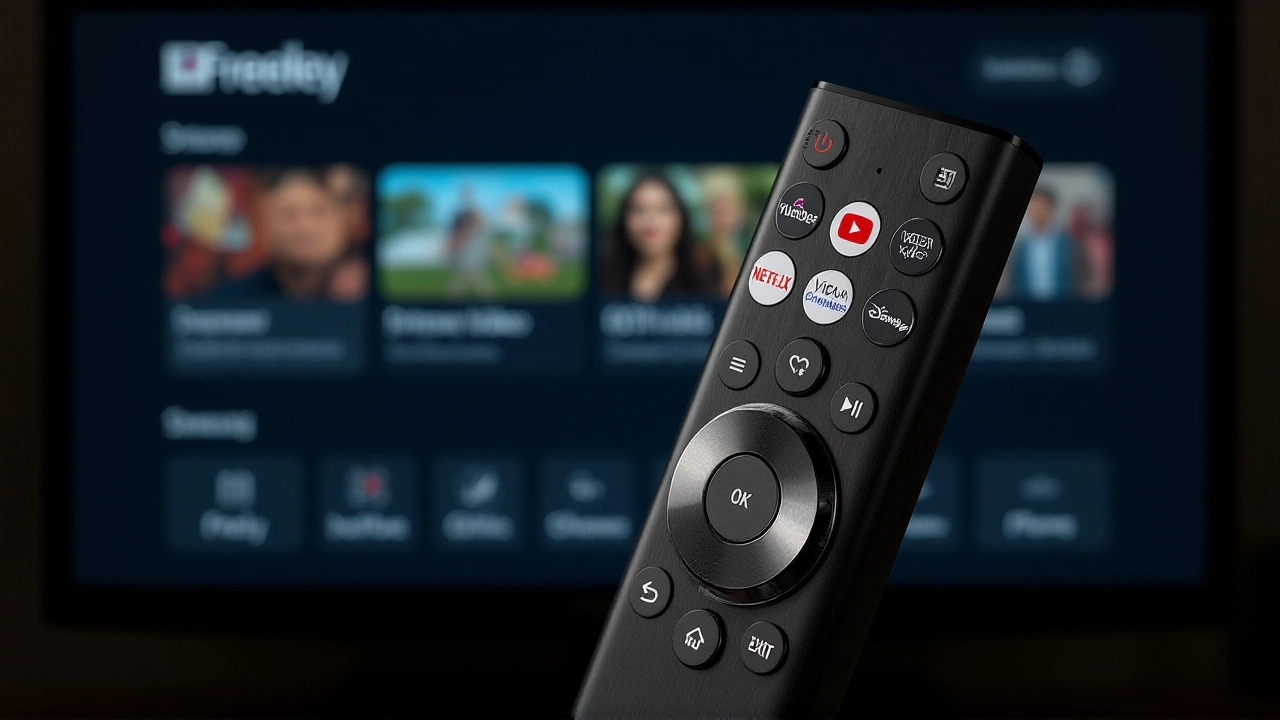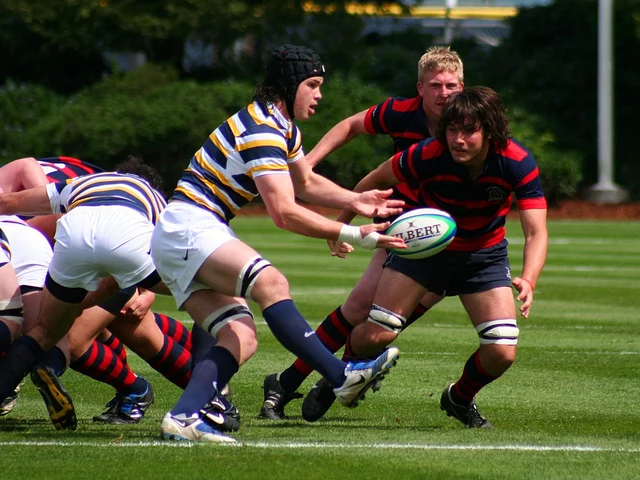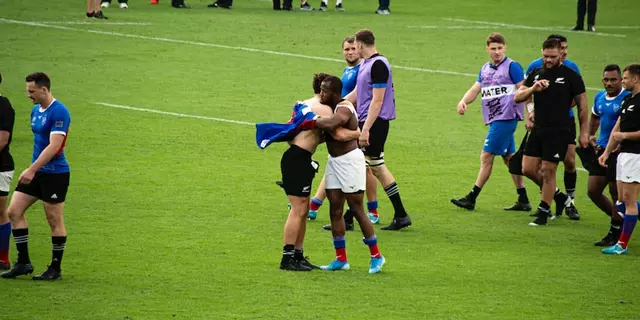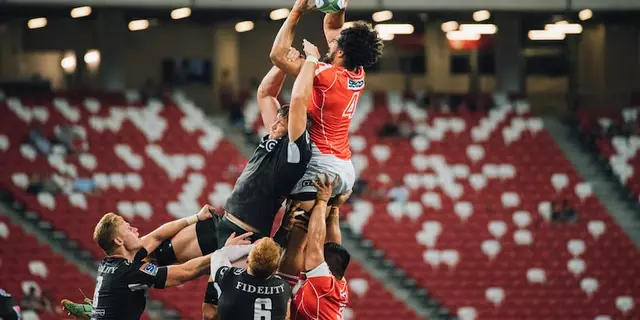Freeview Warns of TV Reception Issues Across Anglia and Sandy Heath This Week
Viewers in Anglia and Sandy Heath are being warned to expect flickering screens and pixelation this week — not because their TVs are broken, but because engineers are working on the very towers that deliver free TV across the UK. Freeview, the platform that brings over 70 free-to-air channels to more than 18 million UK households via Digital Terrestrial Television, issued a routine but urgent alert on its corporate site: reception issues are expected between 17 and 23 November 2025. The message is simple: don’t retune. Just wait.
What’s Really Happening at the Transmitters?
It’s not a hack. Not a signal jam. Not even a glitch in the system. This is maintenance — the kind you never notice until it goes wrong. Engineers from Freeview’s infrastructure partners are upgrading equipment at the Anglia and Sandy Heath transmitters, both critical nodes in the UK’s DTT network. The work, listed under "Planned Engineering Works," could cause temporary signal degradation. That means your favorite soap, the news, or even the afternoon football highlights might break up into blocks of color — but only for a few hours at a time, and only if you’re in the direct broadcast footprint.
Here’s the thing: Freeview doesn’t own the towers. It leases space on them. The actual transmitters are operated by companies like Arqiva (though not named in the alert), which handles physical infrastructure for most UK broadcasters. So when Freeview says "engineering work," it’s shorthand for technicians climbing ladders, tightening cables, and swapping out aging hardware — all while trying not to disrupt the millions watching live TV.
Why You Shouldn’t Retune (And What Happens If You Do)
Every year, hundreds of thousands of viewers panic when their screen goes fuzzy. They hit "auto-tune" — thinking it’ll fix things. It won’t. In fact, it makes it worse.
"Retuning during engineering works can cause your TV to lock onto the wrong signal or lose channels entirely," says a Freeview support document, buried deep in their help section. "You’ll then have to retune again after the work finishes — and even then, you might miss channels that were reconfigured during the upgrade."
Instead, Freeview urges users to use its Detailed Transmitter Information tool — just enter your postcode, and it’ll tell you which transmitter you’re receiving from, the expected signal strength, and whether your area is affected. It’s not flashy, but it’s reliable. And for older viewers who don’t know how to use the internet? Freeview has printed guides available at libraries and post offices in affected regions.
A Bigger Picture: Local TV’s Fragile Future
This isn’t just about a few hours of pixelation. It’s happening against a backdrop of quiet collapse. On 25 November 2025, 33 local TV licences were due to expire — but thanks to emergency legislation passed in late 2024, they got a one-year extension, pushing the deadline to 25 November 2026. The catch? Ofcom, the UK’s communications watchdog, is now reviewing each station’s finances and compliance history. As of late November 2025, only one local channel — London Live’s successor, operated by Local TV Limited — had been approved for renewal. The other 32? In limbo.
Some have already vanished. Notts TV shut down in August 2025. London Live went off-air in January. These weren’t just niche channels — they were lifelines for communities, covering council meetings, local sports, and school events that national broadcasters ignore. Without them, Freeview’s promise of "free TV for all" starts to feel hollow in places like Derby, Plymouth, or Swansea.

Weather, Too: The Invisible Enemy
And then there’s the weather. Freeview issued two prior alerts in October 2025 warning of "tropospheric ducting" — a meteorological quirk where high-pressure systems bend TV signals hundreds of miles off-course. It’s like radio waves taking a detour through the sky, causing ghost images or interference from distant transmitters. It’s rare, unpredictable, and often blamed on "bad reception" when it’s really the atmosphere playing tricks.
This week, weather forecasts show stable high pressure lingering over southern England — the same conditions that disrupted signals in October. So viewers in Anglia might be hit with a double whammy: engineering work and atmospheric interference. The result? More frustrated people staring at their screens, wondering if they need a new aerial.
What’s Next? A Platform Under Pressure
Freeview’s survival depends on two things: reliable hardware and public trust. The engineering works this week are routine. The loss of local TV channels? Not so much. As Ofcom delays decisions, viewers are left guessing: Will their local news return? Will their community sports coverage vanish? Will Freeview become just a carrier for national channels — BBC, ITV, Channel 4 — with no local soul?
Meanwhile, the government has shown no urgency to fund local TV beyond the one-year extension. And with streaming services growing, the argument grows louder: why spend public money maintaining terrestrial signals for a shrinking audience?
But here’s the truth: for millions — especially older, rural, or low-income households — Freeview isn’t optional. It’s essential. And when the signal cuts out, it’s not just entertainment that’s lost. It’s connection.
Frequently Asked Questions
Will I lose my channels permanently if I retune during the engineering work?
No — you won’t lose channels permanently, but retuning now may cause your TV to store incorrect frequencies. After the work finishes, you’ll likely need to retune again, and some channels may not reappear until you manually search for them. Freeview recommends waiting until the work is complete — usually within 24–48 hours of the scheduled window — before attempting any retuning.
How do I check if I’m affected by the Anglia or Sandy Heath transmitter work?
Visit Freeview’s official website and use the "Detailed Transmitter Information" tool. Enter your postcode — it’ll show you which transmitter you receive signals from and whether it’s currently undergoing maintenance. If you’re in Norfolk, Suffolk, Cambridgeshire, or parts of Northamptonshire, you’re likely in the affected zone.
Why is only one local TV channel getting renewed by Ofcom?
Ofcom requires local stations to prove financial sustainability and consistent compliance with broadcasting rules. Many stations operated on shoestring budgets, relying on ads and grants. After the pandemic, advertising revenue collapsed. Only the strongest — like the new operator of London Live — met the bar. The rest, including Notts TV, couldn’t survive without public funding, which hasn’t been allocated yet.
Can I switch to streaming instead?
You can — but it’s not a direct replacement. Streaming services like BBC iPlayer and ITVX require broadband, which isn’t reliable in rural parts of Anglia. Freeview still delivers live TV without subscription fees or data caps. For pensioners or households on tight budgets, switching isn’t feasible. Freeview remains the most accessible platform for millions who can’t afford internet or smart TVs.
When will the engineering work be finished?
Freeview says the work is scheduled to end by 23 November 2025, but exact completion times vary by site. Most disruptions occur between 10 PM and 6 AM to minimize viewer impact. If your signal hasn’t returned by Friday 21 November, contact Freeview support directly — there may be a localized fault beyond the planned work.
Is this the first time Freeview has warned about engineering work like this?
No — Freeview issues similar alerts several times a year, usually tied to transmitter upgrades or frequency reallocations. The last major one was in May 2025 for the Crystal Palace transmitter. What’s unusual this time is the overlap with weather-related interference and the broader crisis facing local TV. This isn’t just maintenance — it’s a stress test for the entire DTT ecosystem.







